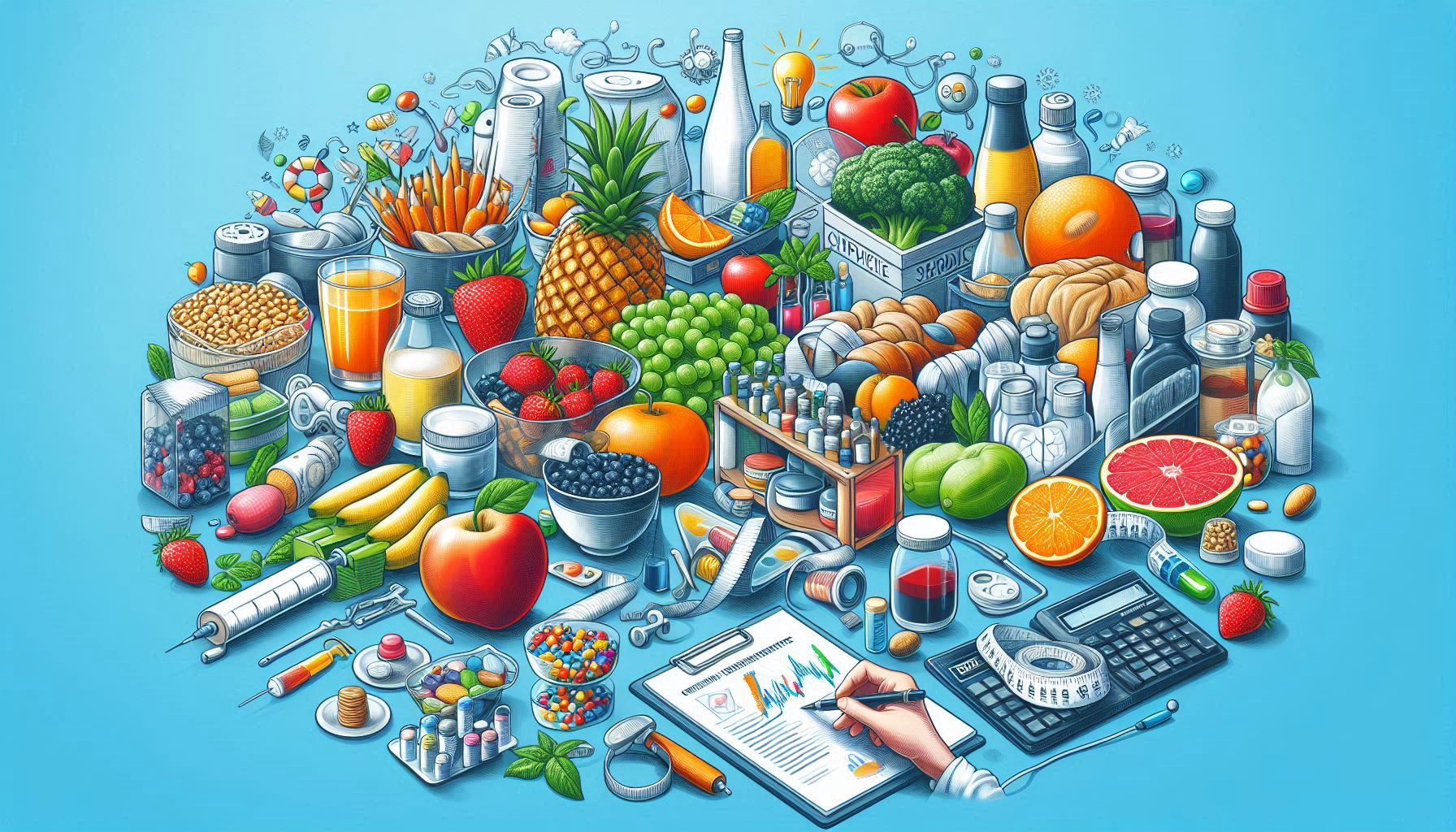In today’s fast-paced market, niche product suppliers face a unique challenge: standing out in crowded industries while keeping up with rapidly evolving consumer demands. Whether you’re crafting artisanal foods, pioneering health innovations, or engineering sustainable construction materials, staying ahead requires more than just a great product—it demands agility, foresight, and strategic partnerships. Below, we explore the top trends shaping food, health, and construction industries and how partnering with a tech-savvy distributor can help you adapt, innovate, and compete.
1. Food Industry: Clean Labels, Plant-Based Innovations, and Beyond
Consumers are prioritizing transparency and sustainability like never before. In the food sector, clean-label products (free from artificial additives) and plant-based alternatives are dominating shelves, with the global plant-based food market projected to reach $162 billion by 2030. Meanwhile, niche categories like fermented foods, functional snacks, and hyper-local ingredients are gaining traction.
How Distributors Help Suppliers Adapt:
- Speed-to-Market: Distributors with established retail and e-commerce networks can fast-track your product’s launch, ensuring it reaches shelves before trends peak.
- Regulatory Support: Navigating certifications (e.g., USDA Organic, Non-GMO) is streamlined with a partner who understands compliance hurdles.
- Tech-Driven Traceability: Blockchain technology is revolutionizing food supply chains by enabling real-time tracking from farm to fork. For example, a distributor using blockchain can help you prove the origin of organic ingredients, building consumer trust.
2. Health & Wellness: Personalized Supplements and CBD Innovations
The health industry is shifting toward personalization and holistic wellness. Customizable vitamin subscriptions, CBD-infused products, and adaptogen-rich supplements are booming. The global CBD market alone is expected to hit $47 billion by 2028, while personalized nutrition is growing at a 15% annual rate.
How Distributors Help Suppliers Adapt:
- Cost-Effective Scaling: Distributors reduce R&D costs by offering access to shared manufacturing facilities or co-packing services for small-batch supplements.
- Demand Forecasting: AI-powered tools analyze sales data and social trends to predict which ingredients (e.g., ashwagandha, collagen peptides) will surge in demand, helping you stock inventory strategically.
- Compliance Expertise: Navigating FDA guidelines or international regulations for health products becomes seamless with a distributor versed in global standards.
3. Construction: Sustainability and Smart Materials
Sustainability is no longer optional in construction—it’s a requirement. Eco-conscious builders are seeking materials like cross-laminated timber (CLT), recycled steel, and low-carbon concrete. Meanwhile, “smart” materials (e.g., self-healing concrete, energy-efficient insulation) are gaining momentum as green building certifications like LEED become mainstream.
How Distributors Help Suppliers Adapt:
- Bulk Logistics for Heavy Materials: Distributors optimize freight routes and consolidate shipments, reducing costs for bulky or heavy items like steel or insulation.
- Certification Guidance: Partners with expertise in LEED or BREEAM certifications can help you position materials as eco-friendly, appealing to conscious contractors.
- IoT Integration: Sensors embedded in shipments monitor conditions (e.g., temperature for adhesives, humidity for timber), ensuring materials arrive in perfect condition.
The Technical Edge: How Modern Distributors Fuel Innovation
To thrive in these dynamic markets, niche suppliers need more than traditional logistics—they need a partner who leverages cutting-edge technology:
- Blockchain for Supply Chain Transparency
Blockchain creates immutable records of every transaction, ideal for proving ethical sourcing in food or verifying the carbon footprint of construction materials. For health brands, it ensures ingredient traceability, critical for compliance audits. - AI-Driven Demand Forecasting
Machine learning algorithms analyze historical sales, weather patterns, and even social media trends to predict demand spikes. This helps suppliers avoid overstocking perishable foods or underproducing trending supplements. - IoT-Enabled Quality Control
Sensors in transit containers monitor conditions like temperature (for probiotics) or shock (for fragile building materials), alerting distributors to potential issues before they impact product quality.
Why Partnering with a Distributor is a Competitive Advantage
- Reduce Overhead: Avoid investing in costly tech infrastructure—let your distributor handle IoT, AI, and blockchain integration.
- Focus on Innovation: Free up resources to refine your product while experts manage logistics, compliance, and market analytics.
- Scale Faster: Tap into established distribution networks to enter new regions or retail channels without delays.
Conclusion: Future-Proof Your Niche Product
The future belongs to suppliers who embrace trends, leverage technology, and collaborate with partners who amplify their strengths. By aligning with a distributor that combines technical expertise, market agility, and sustainability focus, you can turn challenges like compliance, scaling, and supply chain complexity into opportunities.
At Kindmiel Distribution, we specialize in empowering niche food, health, and construction suppliers with the tools and insights needed to thrive. From AI-driven logistics to blockchain-backed transparency, we’re here to ensure your product not only keeps up with the times—it sets the pace.
Ready to compete smarter? Let’s discuss how we can help you harness these trends and technologies. Visit kindmiel.com to learn more.

